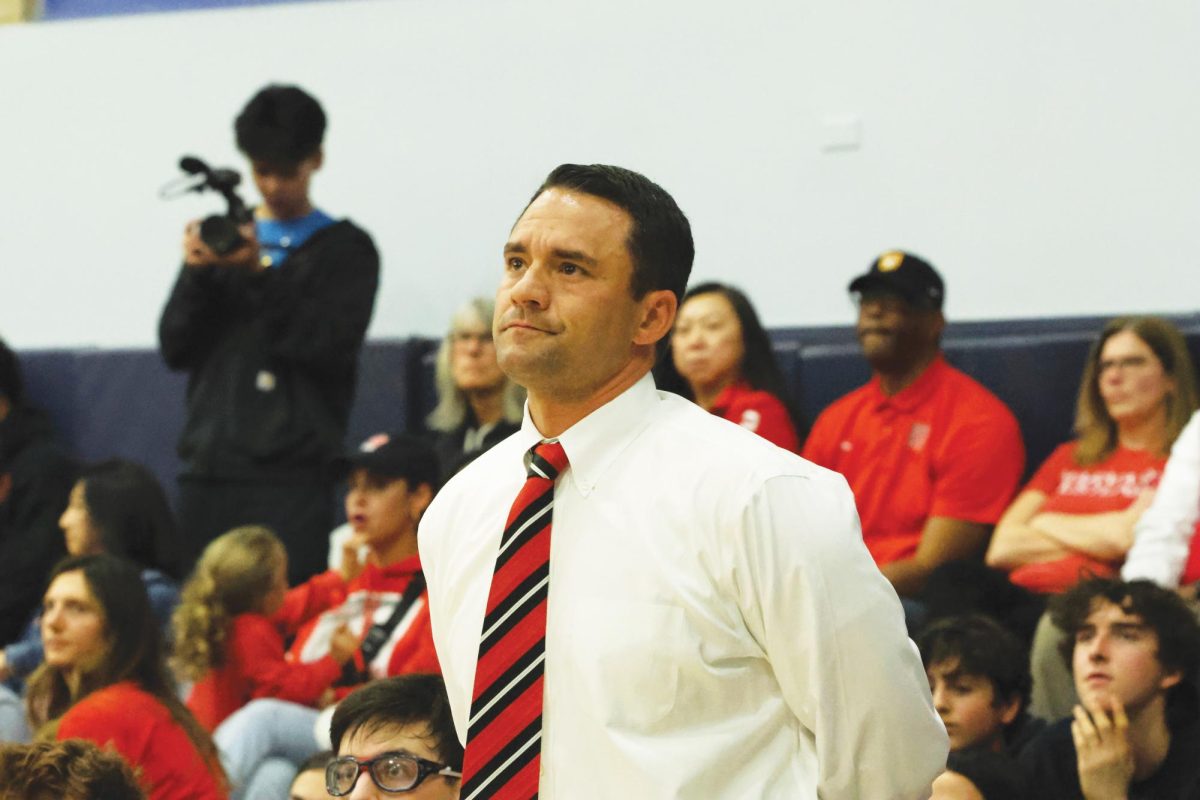By Jamie Kim and Candice Navi
Sayumi Kobayashiâs â09 dual U.S. and Japanese citizenship allows her to reap the benefits that come with singular citizenship of both countries such as the right to work and the ability to receive an education in either country.
Kobayashi is one of several students at Harvard-Westlake who are foreign citizens.
Fredel Romano â11 was born in Mexico City and has Mexican citizenship. She emigrated to the U.S. in 2002 because of “security issues,” she said. Romano says security was always an issue in Mexico. She recounted the story of getting on the school bus at the age of seven and being told by an older boy that he had just been robbed with a gun pointed to his head.
“People heard about these things every day without being shocked. It was just part of life, and everyone was cautious about it,” she said.
Although it was “terrible” growing up in such a dangerous environment, she says her experience in Mexico has helped her to see “the reality” and made her more appreciative of living in the community she lives in today.
“I remember one time I visited Mexico, my sister got a teddy bear as a present, and we were driving and saw this little girl standing on the street,” she said. “My sister got out of the car and gave her this teddy bear. I have never seen anyone so happy in my entire life, the smile on her face made me see how having so little made her appreciate so much for everything she gets. Now I feel the same way.”
Romano also appreciates certain aspects of Mexican culture.
“In Mexico everyone treats you like family, even if youâve never met, and I miss that a lot, the informality and casualness and just that they like to have fun. Here it is hard to find people like that,” she said. Still, she says she will probably not return to live in Mexico and believes she may apply for American citizenship later.
South Korean-born Sun-ho Lee â09 is also not an American citizen. Lee moved to Los Angeles when he was in the fifth grade for his education. Despite his seven-year residence in America, Lee said he plans to return to Korea after college because he feels more at home in Korea. He stays closely connected to his homeland by speaking Korean with his family and visiting Seoul twice a year.
Katrina Zandberg â10, who is also not a citizen of the U.S., was born in Jurmala, Latvia and moved to the United States when she was two years old. Despite the distance between the United States and Latvia, Zandberg does not believe the two cultures are much different.
“I donât think American customs and society differ that much from how I was raised in my culture,” she said. “We have adopted most American customs, like celebrating Thanksgiving and going trick-or-treating for Halloween. I would say the most noticeable difference in my everyday life is that we usually eat Latvian food at home.”
Speaking Latvian is something that Zandberg is grateful for. It has played an important role in her life, she said. Zandberg attended a Latvian school every Sunday until middle school, where she studied the language, grammar, history, literature, traditional songs and dances. Attending a Latvian school allowed her to form lasting friendships as well as the opportunity to experience her culture in a setting other than her home, Zandberg said.
Elijah Lowenstein â10, a British citizen by birth and a German citizen by descent who lived the first ten years of his life in the United Kingdom, said that his non-American citizenship does not make him feel any less American.
The time he has spent in America is what counts, he explained. Lowenstein lost his British accent by the time he entered Harvard-Westlake and said during the past six years, he has almost fully assimilated into American culture. Today, he feels more American than British.
Lowenstein says his diverse background and the experience of living in both the U.S. and the U.K., has widened his perspective of the world.
“I was brought up in two different cultures so Iâve experienced more than one way of how things work,” he said. “In Los Angeles, people live in a bubble. They are a lot more sheltered.”





































